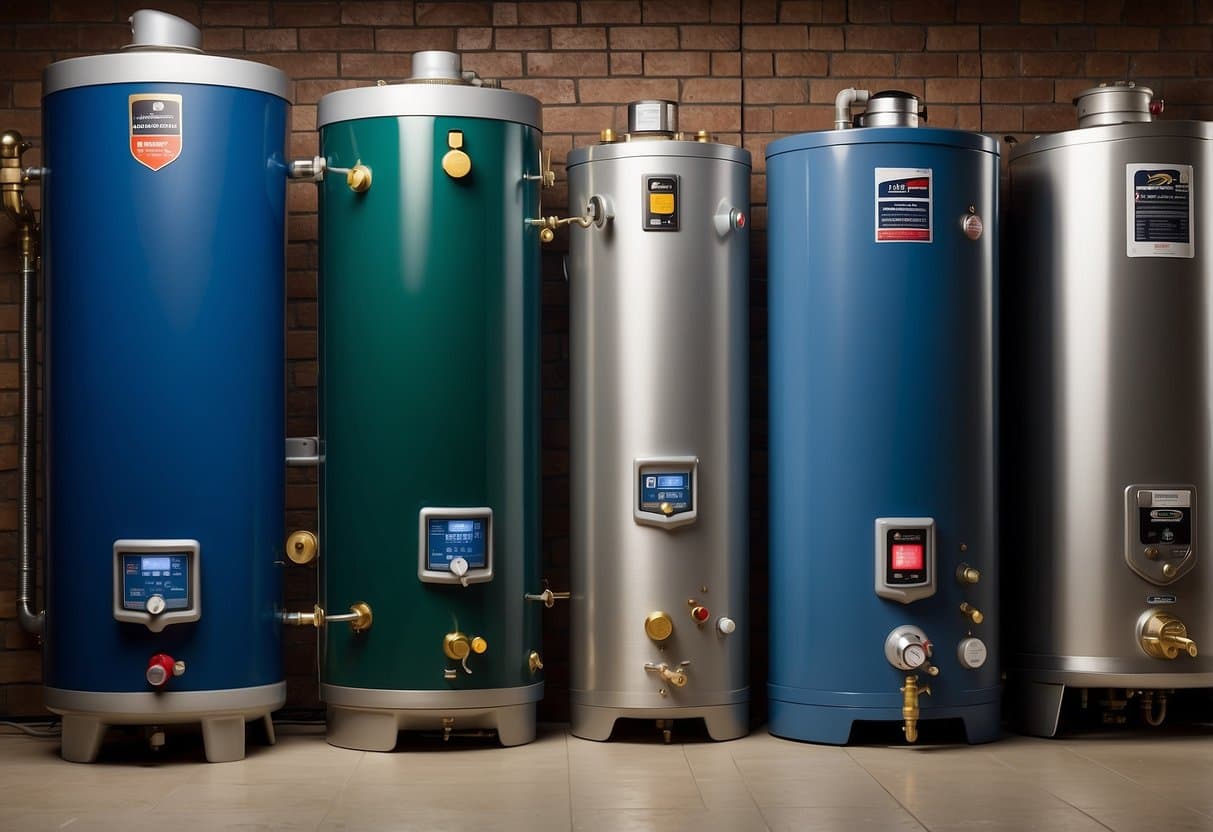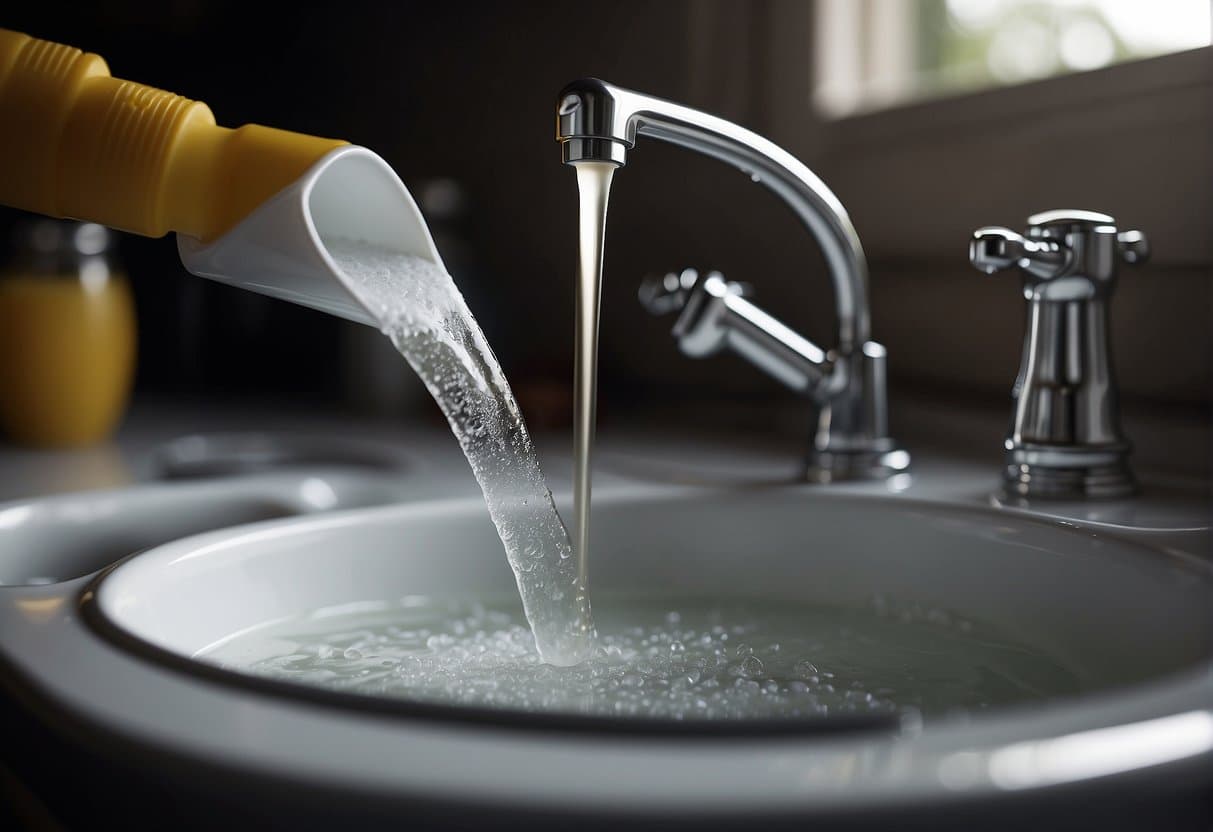If you’ve been Googling “tankless water heater vs tank” because you’re tired of guessing how long before the hot water runs cold, you’re not alone. Homeowners all over Seattle, Everett, and Lynnwood ask us the same thing: is it finally worth ditching the old tank water heater for a tankless water heater?
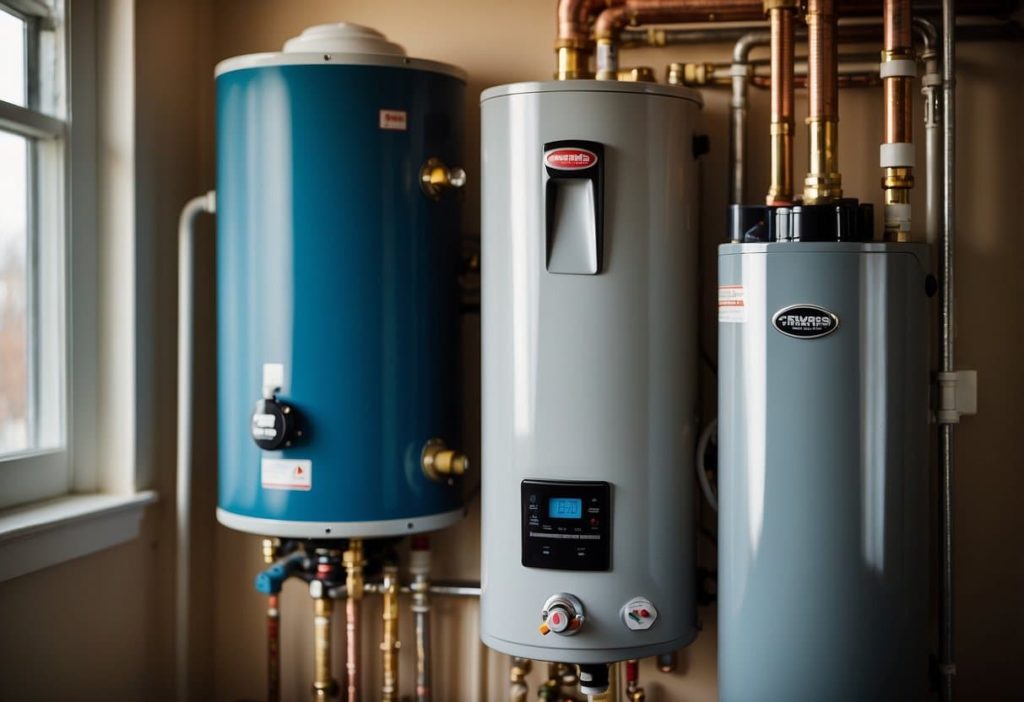
The quick answer: it depends. A tankless water heater can feel like a luxury upgrade, giving you endless hot water on demand. A tank water heater, on the other hand, is the tried-and-true classic that just… works (at least until it doesn’t). Both systems heat your water differently, both have pros and cons, and both can be the “right choice” depending on your household.
Understanding Water Heaters
Seattle homes use different types of water heating systems, and the one you choose can impact comfort, energy bills, and even where you store it in your house.
Storage Tank Water Heaters
A storage tank is that big metal drum you’ve probably seen tucked in basements or utility rooms. It heats water, stores it, and then slowly loses heat until you use it. This “standby heat loss” is one reason tank water heaters are less efficient.
We once helped a family in Edmonds with a storage tank that was nearly 20 years old. It had been quietly wasting energy for years just to keep 60 gallons of water hot, even when nobody was home. Storage tank water heaters are simple and relatively cheap, but they’re not built for efficiency.
Tankless Water Heaters
Tankless systems (sometimes called on-demand or point-of-use heaters) don’t store hot water at all. Instead, the tankless heater fires up only when you need it. The water passes through a heat exchanger, and, like magic, it’s instantly hot.
The benefit? You never “run out.” But flow rate matters: if you’re running laundry, dishes, and showers at once, a single tankless water heater can get maxed out. In some Seattle homes, we’ve installed two tankless systems to keep up with demand.
How Water Heaters Work
Storage Tank Water Heaters
Cold water enters the tank, a gas burner or electric element heats it, and the tank holds it ready for you. As you use hot water, more cold water refills the tank. It’s reliable but constantly burning energy. Even the best-insulated tank heater can’t avoid heat loss.
Tankless Water Heaters
When you turn on a faucet, a gas tankless or electric tankless unit kicks on. Burners or heating elements flash-heat the water as it flows through. That means you get a steady stream without storing it. Tankless water heaters win big on efficiency here, but only if sized correctly.
Comparing Tankless and Tank Water Heaters
The decision between a tankless water heater and a tank water heater usually comes down to four things: energy efficiency, cost, space, and performance.
Efficiency and Energy Use
- Tankless water heaters: up to 98% efficiency. No wasted standby heat.
- Tank water heaters: usually 60–70% efficiency, though newer models are better than the really old ones.
Cost Factors
- Tankless water heater costs: generally $1,000–$3,000 including installation. Pricey upfront but last about 20 years.
- Tank water heater: usually $300–$1,200 installed. Cheaper initially, but expect 8–12 years before replacement.
We had a Lynnwood homeowner pick the cheaper tank heater to “save money.” Within five years, their monthly water heating bills had eaten away those savings. Sometimes “cheap now” means “expensive later.”
Space Considerations
Tankless heaters are compact and can be wall-mounted. We’ve installed tankless systems in condos where no one thought a water heater could even fit. Tank water heaters take up a lot more space, you’ll need a basement, garage, or closet.
Performance and Flow Rate
Tankless = continuous hot water, but can get stretched thin if the whole house is using it at once.
Tank water heaters = steady until the tank runs out, then it’s cold until it reheats.
Advantages of Tankless Water Heaters
Instant and On-Demand Hot Water
With tankless water heaters, there’s no “sorry, the shower’s cold.” You just turn the tap and it’s there.
Long-Term Savings and Energy Costs
The Department of Energy estimates tankless water heaters can be 24–34% more efficient for homes using less than 41 gallons of hot water a day. The savings stack up year after year.
Space Saving and Installation
Tankless heaters are small. They can fit on walls, in closets, even in tight Seattle apartments. Yes, tankless installation can be more complex (especially gas tankless units), but the long-term space and efficiency benefits are worth it for many homeowners.
Considerations for Tank Water Heaters
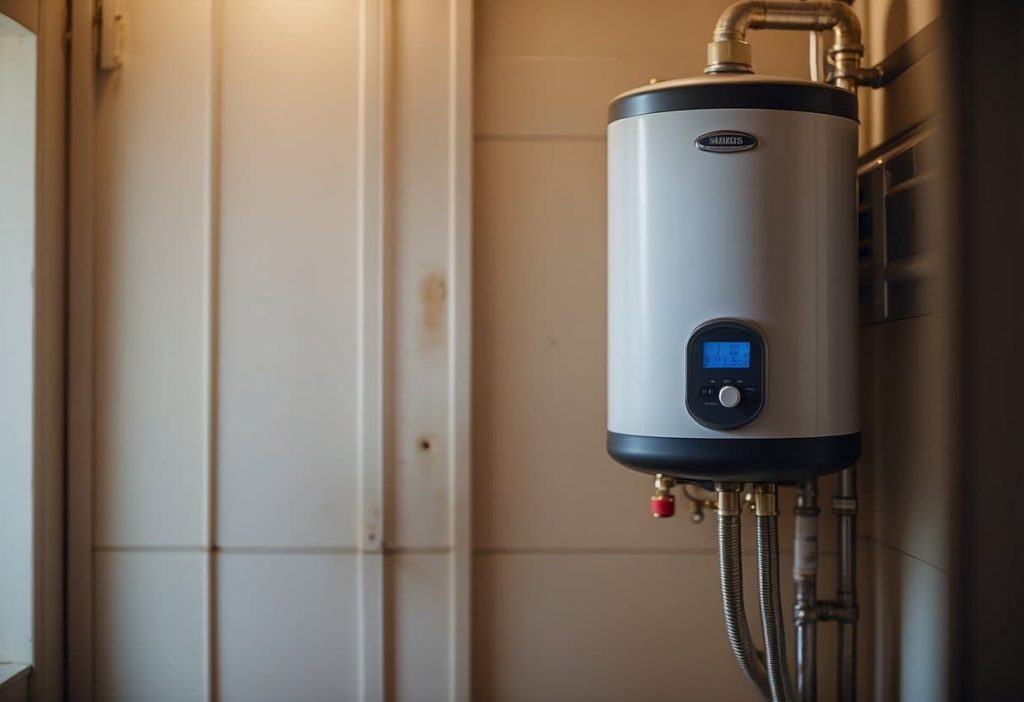
Likelihood of Standby Heat Loss
Tank water heaters are always reheating. Insulation helps, but they’re still burning energy while you’re away at work or asleep.
Ease of Installation and Upfront Cost
A tank water heater is generally cheaper and easier to install, especially if your plumbing is already set up for one.
Maintenance and Durability
Tanks need annual flushing and occasional repair, mainly to prevent sediment buildup. With good care, they’ll last 8–12 years. Skip maintenance, and that number drops fast.
Important Factors in Decision Making
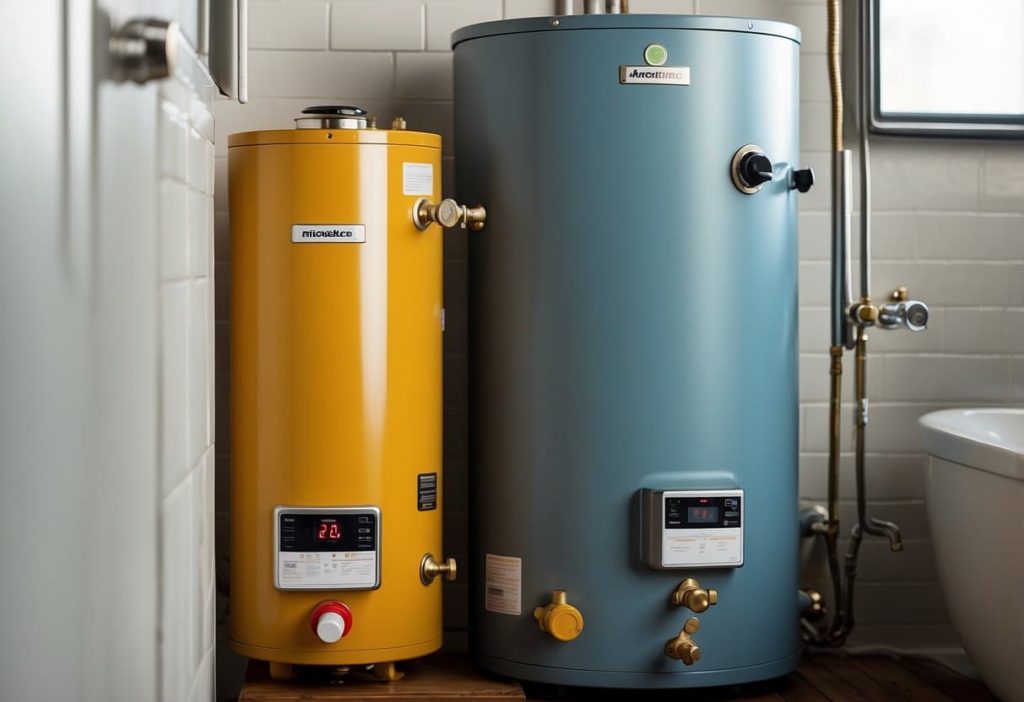
So which is right for your home?
- Hot Water Needs: Tankless heater = continuous supply. Tank water heater = limited, but often fine for smaller households.
- Household Size and Demand: Larger families with heavy water heating demand lean tankless. Smaller households often do fine with a tank.
- Energy Sources and Availability: Gas tankless is usually more effective than electric tankless in high-demand homes.
- Long-Term Considerations: Tankless water heater costs are higher upfront but lower in the long run. A tank water heater has lower upfront costs but higher bills over time.
Installation and Maintenance
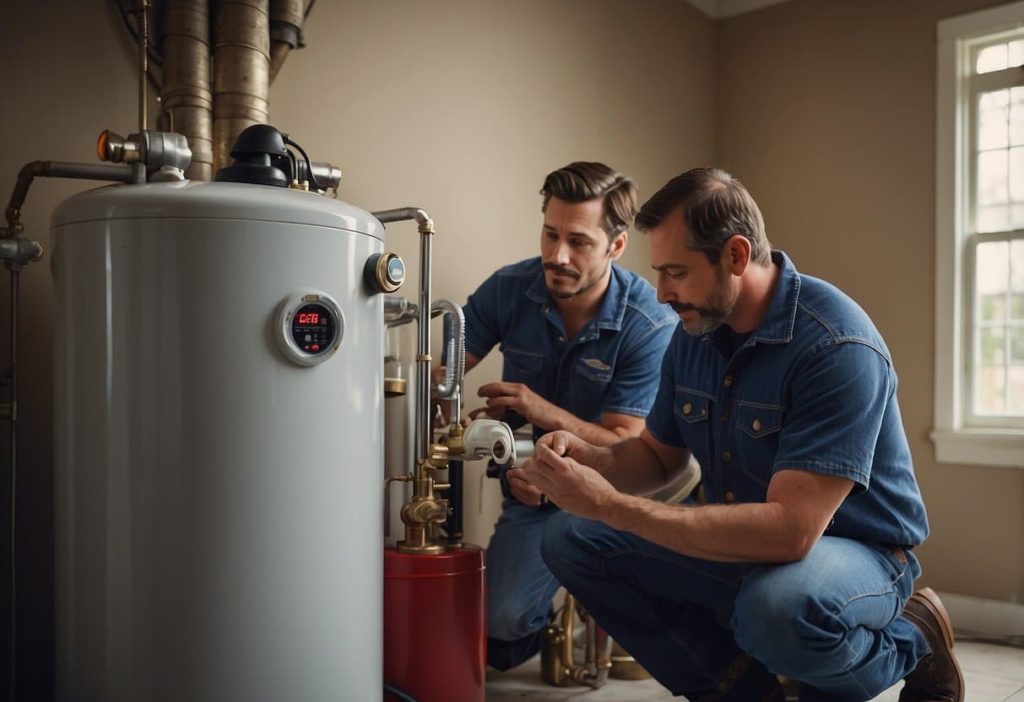
Professional Installation by a Plumber
Tankless installation can mean upgrading venting or gas lines. We always recommend a licensed plumber because even small mistakes can make the system inefficient, or unsafe.
Tank water heaters are simpler but still need professional installation. Safety and proper setup matter.
Ongoing Care and Upkeep
- Tank water heaters: need flushing, anode rod checks, and sometimes repair to keep things running.
- Tankless water heaters: need annual descaling to prevent mineral buildup.
Popular Water Heater Brands and Manufacturers
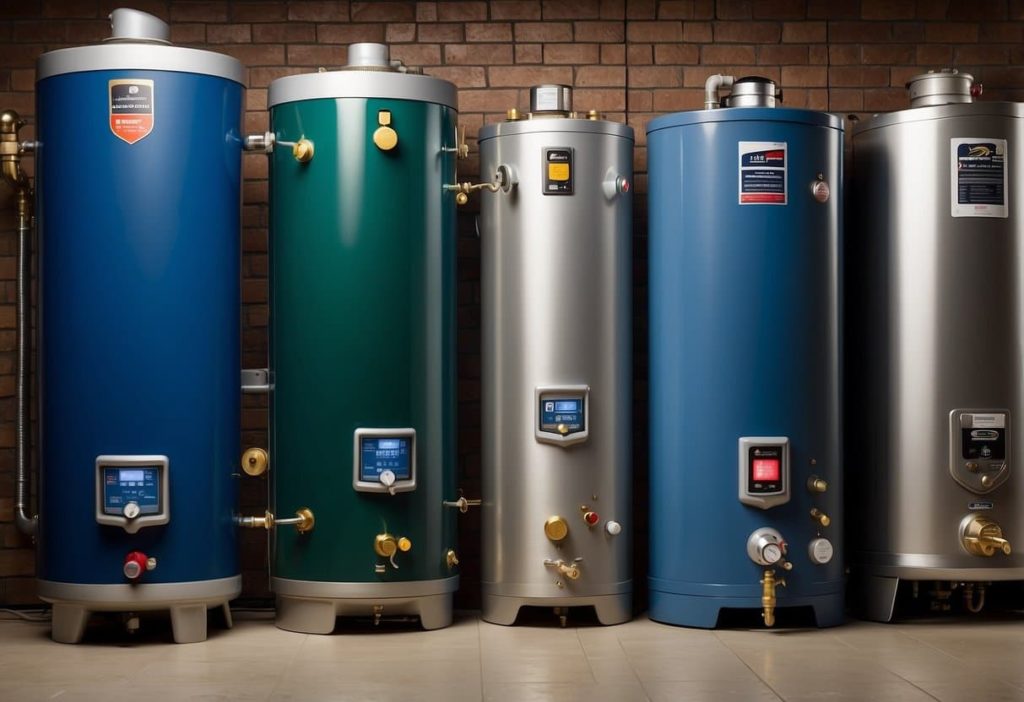
We’ve installed just about every brand in the book around Snohomish and King Counties.
- Rheem: A reliable choice for both tank water heaters and tankless water heaters.
- Rinnai: Often considered the gold standard for tankless systems.
- Bosch: Strong focus on efficiency.
- Takagi: A solid name in tankless water heater installation.
Each brand has pros and cons, but we typically recommend Rheem or Rinnai for homeowners who want a dependable tankless water heater.
Frequently Asked Questions
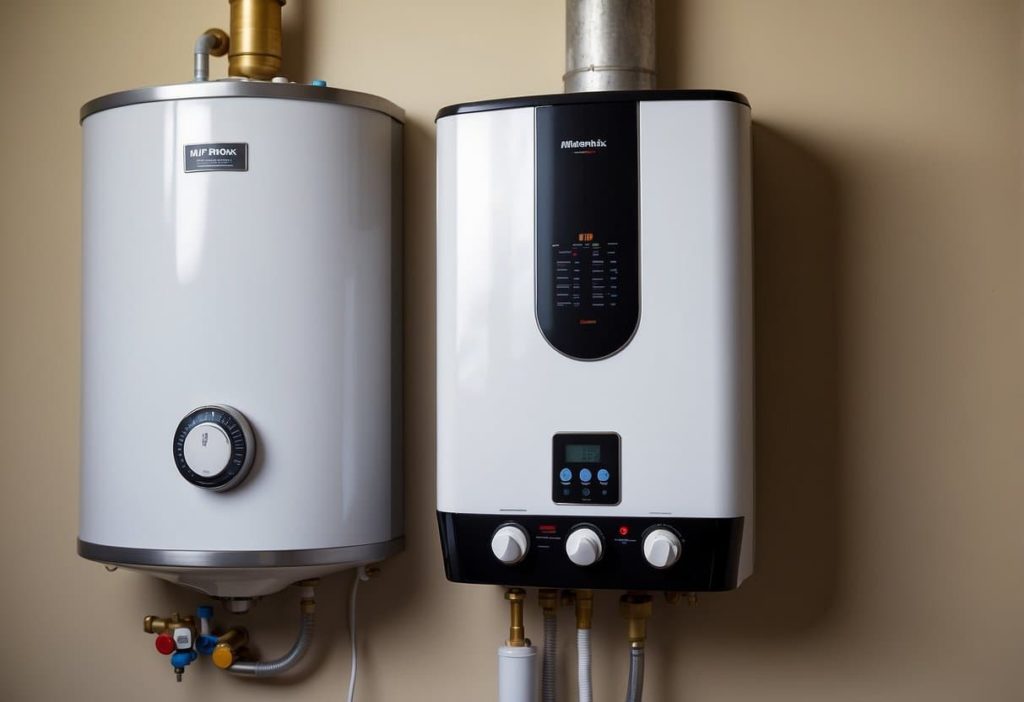
What are the cost differences between tankless and tank water heaters?
Tankless water heater costs more upfront ($1,000–$3,000). Tank water heater is cheaper initially ($300–$1,200).
What are the advantages and disadvantages of tankless water heaters compared to traditional tanks?
Tankless heaters are compact, efficient, and deliver endless hot water. Traditional tank heaters are cheaper upfront but take more space and waste more energy.
How do electric tankless water heaters compare to tank models?
Electric tankless works well for smaller households. Tank water heaters can keep hot water stored, but lose efficiency.
Can a tankless water heater really save me money?
Yes. Over time, energy savings add up. Many Seattle homeowners see noticeable drops in their utility bills after switching.
Are tankless water heaters practical for most homes?
They can be, but homes with big simultaneous demand may need more than one tankless system.
What factors matter most when deciding?
Budget, installation requirements, long-term water heating costs, and how much hot water your household actually uses.
Ready to Decide?
Here’s the bottom line: if you want predictable, affordable installation now, a tank water heater may be your best move. If you’re thinking about efficiency, space, and long-term savings, a tankless water heater is probably the smarter investment.
Either way, Danika Plumbing can help. We’ve repaired, replaced, and installed every type of water heating system across Snohomish and King Counties. Call us and we’ll help you decide, without the sales pressure, just straight answers and professional installation.
